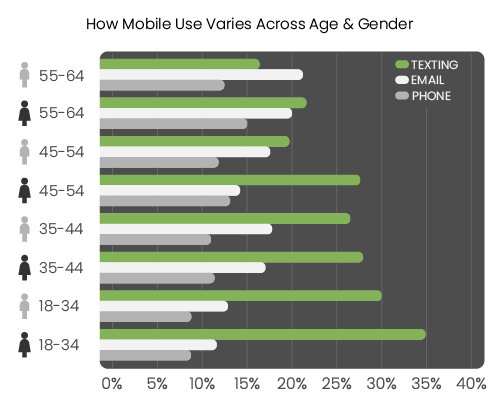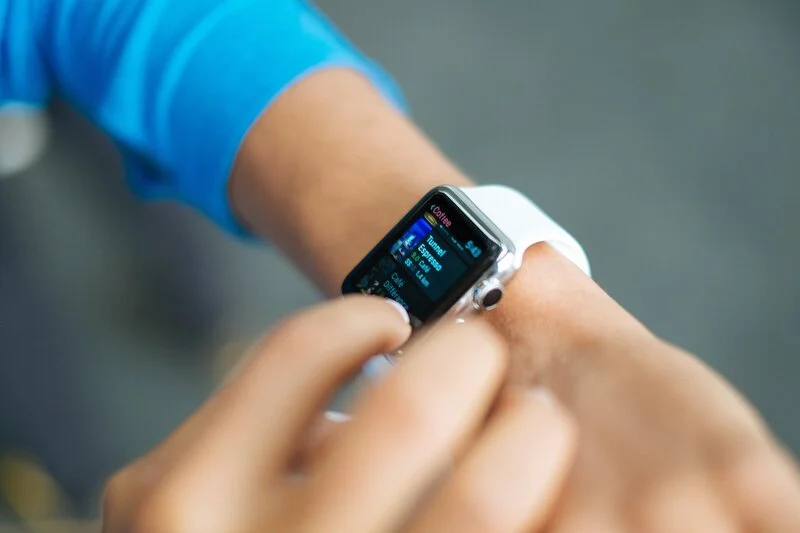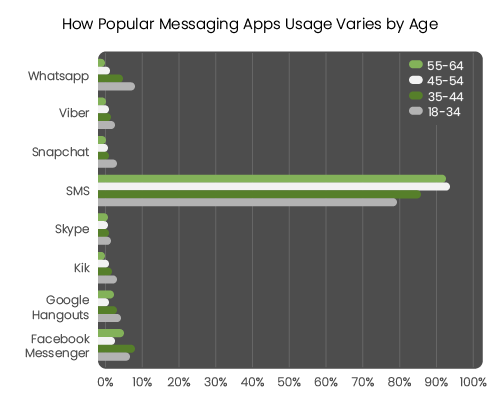Texting saves your staff time that would otherwise be spent answering phone calls. The Front Desk Agent can identify if a situation is important by reading a text quickly, during a check in let's say, and then choose to act on it or label it as non-urgent.
Now let's consider an outgoing message scenario. Imagine it is wintertime at your property and a pipe burst adjacent to the main thoroughfare to get to the other side of your property. Hundreds of gallons of water are spilling onto the road causing unsafe conditions. Your team is now tasked with making all 100 of your guests aware of this situation. Chiefly you want them to know to avoid the safety hazard, but you must also make the affected units aware that water will be unavailable until repairs are completed. How long would it take to call each unit and answer all their questions? What about the guests that don't answer? Do you continue to call or try an alternate phone number?
Now consider how long it would take to draft and send a text message to all guests on property. Probably less than 15 minutes. Many properties use text messaging in this way. They use it as a tool to communicate with in house guests individually, and in mass.
Another property in California I've worked with used text messaging to alert their patrons of nearby wildfires. How might your hotel benefit from mass text messaging?




